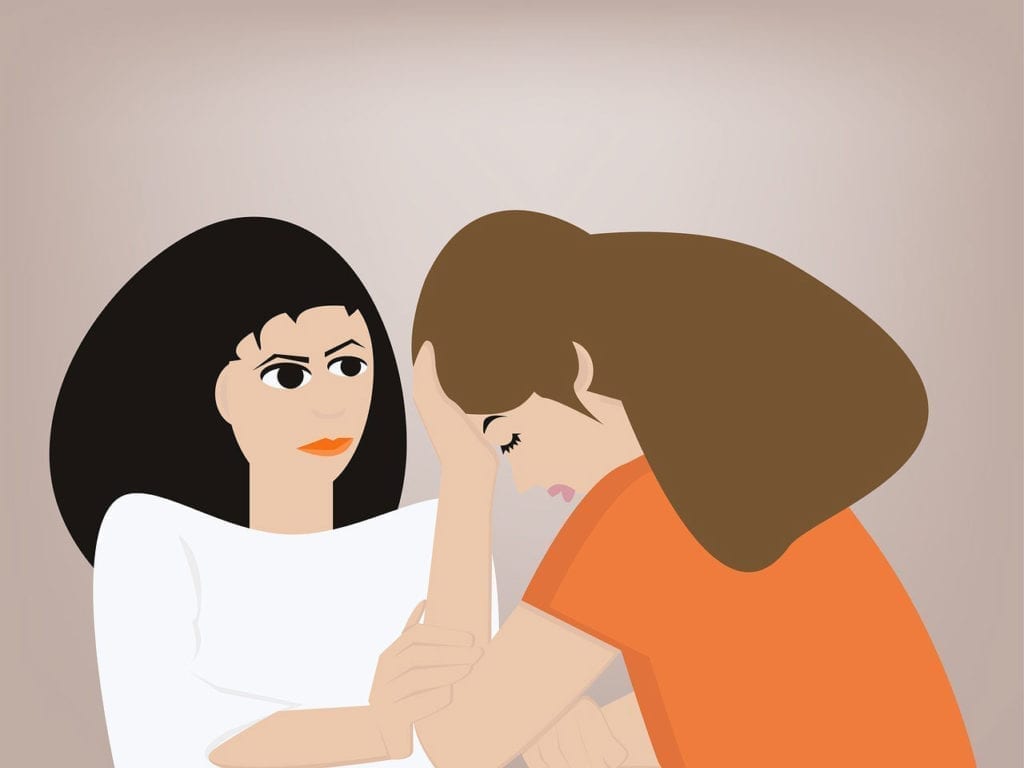According to a story from The Del Mar Times, the Susan Poorman Blackie Ovarian Cancer Foundation (SPB Foundation) and the Clearity Foundation have recently partnered in order to facilitate a support program for ovarian cancer patients called Steps Through Ovarian Cancer. This program will help ovarian cancer patients get free access to education, resources, and professional counseling.
About Ovarian Cancer
Ovarian cancer can appear on or within the ovary. Ovarian cancer rarely causes distinctive symptoms in its early stages, so many patients are often diagnosed with advanced disease. The risk of getting ovarian cancer is connected to how long a woman has ovulated during her life; women who ovulate for longer periods are at greater risk. Late menopause or early puberty are risk factors, as are not having children, fertility medication, certain genetic variants and mutations (such as BRCA mutations), and exposure to talc, herbicides, and pesticides. Some symptoms of ovarian cancer include fatigue, bloating, a feeling of fullness, loss of appetite, indigestion, abdominal swelling, and pelvic pain. Treatment can include chemo, radiation, surgery, hormone therapy, and immunotherapy. There are many different kinds of ovarian cancer. Five year survival rate is 45 percent in the US. To learn more about ovarian cancer, click here.
The Steps Through Ovarian Cancer Program
The director of the Clearity Foundation, Hillary Theakston, says that the idea from the program was a result of a mutual understanding of the shared goals of the two organizations. They both wanted to help support patients with ovarian cancer. Clearity and SPB had already established a professional relationship from some grants the SPB had fufilled for Clearity.
Part of the process involves matching the patients with a counselor, a process which of often based on both logistical concerns and identifying the areas in which the patient is struggling the most. This leads to a very personalized approach that is optimized to fulfill the patient’s needs from the beginning.
The program usually lasts around six months and begins with weekly counseling sessions which typically become less frequent as the process continues; however, if a patient expresses a desire to continue on a weekly basis, this can be accommodated for as well. The entire process can help patients find a sense of relief because they know that there is someone out there that they can speak honestly and openly to and that allows them to gain a better sense of control over their diagnosis.
Learn more about this program here.








